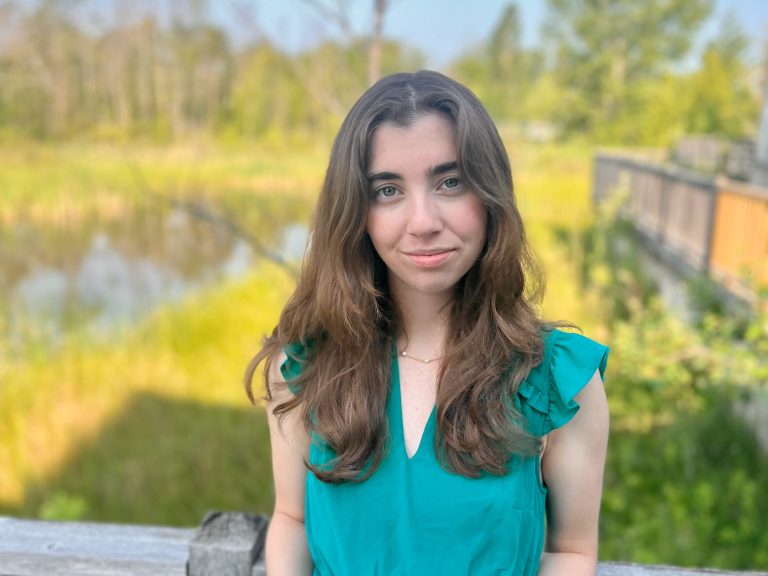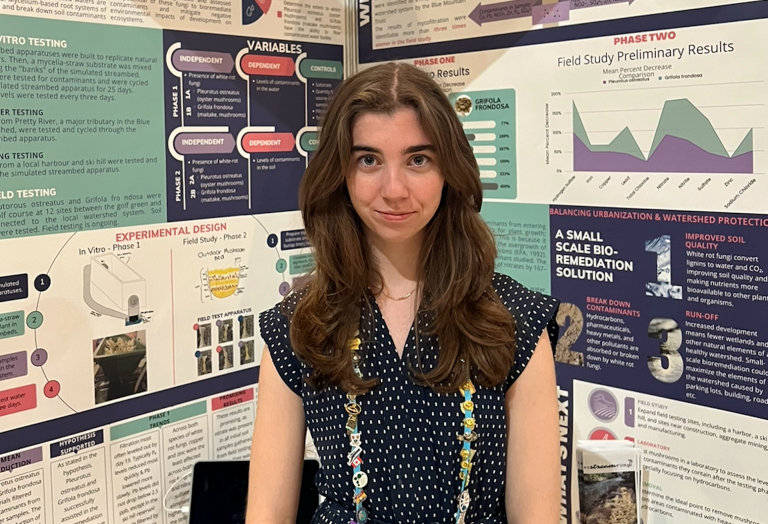heading

I am a high school student from Canada who is deeply passionate about environmental stewardship and loves spending time outdoors. Whether hiking, swimming, or nordic skiing, I feel most connected when I get to spend time in nature. I truly believe that even small actions can have a positive impact, and I’m committed to doing my part in preserving the environment and working towards a sustainable future. The Seventh Generation Principle, based on a Haudenosaunee philosophy, has always resonated with me. It reminds me that our decisions today should result in a sustainable world seven generations from now. I believe it’s important to take action to benefit future generations and ensure a healthy planet.
Tell us what the water concern in your country is!
Watersheds are environmental superheroes facing threats, including pollution from industrial activities and agriculture, urbanization leading to habitat loss and increased runoff, and climate change affecting water availability. Protecting watersheds is important because they provide clean drinking water, support ecosystems, boost environmental resilience, and contribute to communities' long-term health and sustainability.
This is what I think is one of the solutions for a sustainable future:I don't think there's a single fix for a sustainable future. It's about small acts of conservation, innovation, and unwavering commitment to environmental protection. Engaging young people in honest conversations about environmental issues is key. It might be messy and challenging, but it's our best opportunity to work toward sustainability.

exSTREAM FUNgi: A Natural Solution to Protect Watersheds From the Effects of Urbanization
Rapidly growing populations put pressure on ecosystems and negatively affect water quality. An increase in impervious surfaces, such as parking lots and roads, provides a superhighway for pollutants to enter water systems and destabilize ecosystems. This study focused on the utilization of fungi native to North America that release enzymes to decompose pesticides, hydrocarbons, and harmful waste by preventing contamination from entering a watershed system at its origin. Two primary components of this experiment tested the filtration properties of Pleutorous ostreatus and Grifola frondosa in vitro and in a real-life scenario at a golf course. Both species reduced soil contaminants, notably nitrates, nitrites, sulfates, and lead, in lab and field studies. This solution balances environmental protection efforts with sustainable development.

